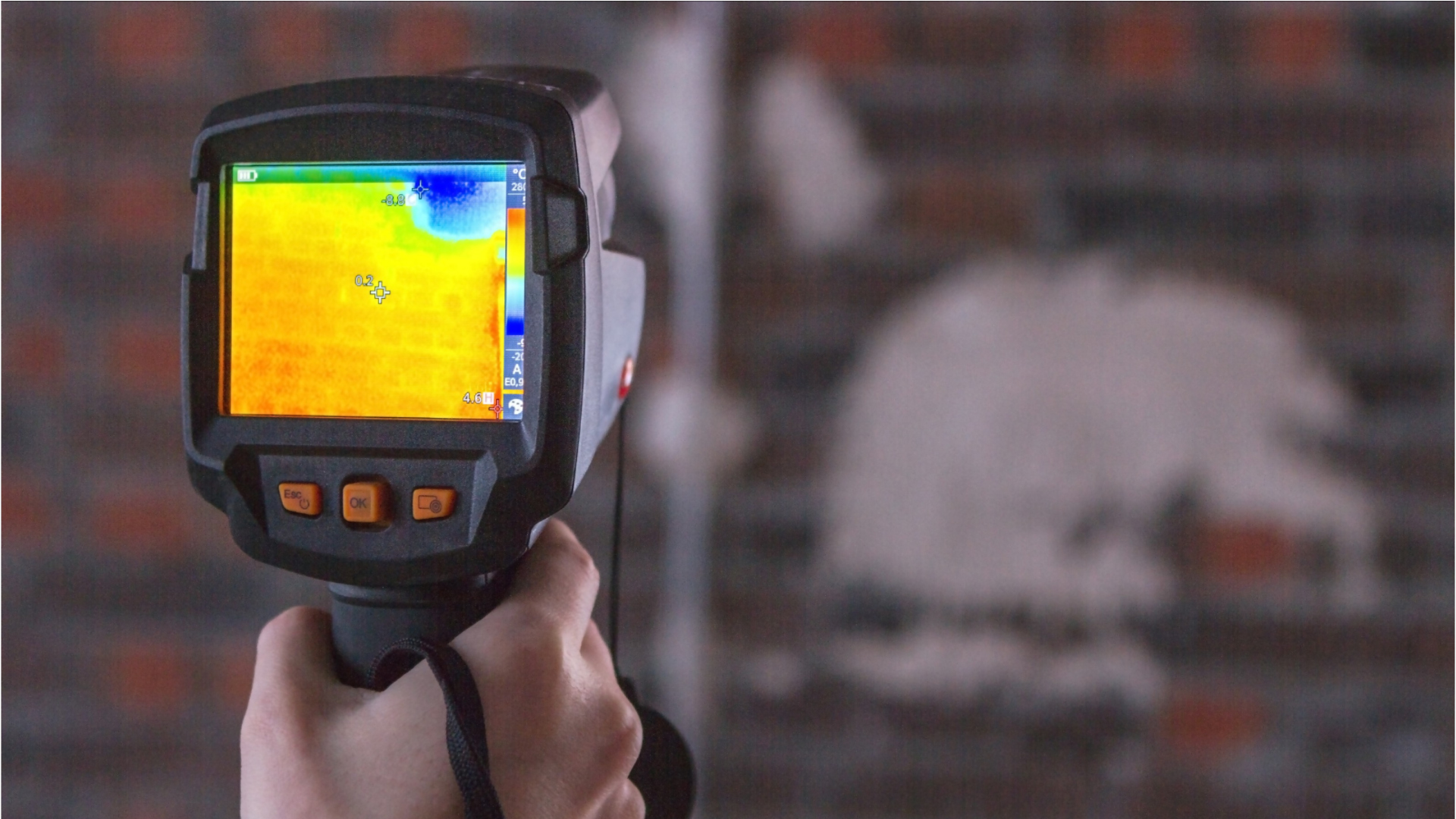Energy Auditors
Energy Auditor, Energy Consultant, Energy Rater, Home Performance Consultant
What they do:
Conduct energy audits of buildings, building systems, or process systems. May also conduct investment grade audits of buildings or systems.
On the job, you would:
- Identify and prioritize energy-saving measures.
- Prepare audit reports containing energy analysis results or recommendations for energy cost savings.
- Identify any health or safety issues related to planned weatherization projects.
Knowledge
Business
- customer service
- sales and marketing
Engineering and Technology
- building and construction
- product and service development
Math and Science
- arithmetic, algebra, geometry, calculus, or statistics
- physics
Arts and Humanities
- English language
Skills
Basic Skills
- reading work related information
- talking to others
People and Technology Systems
- thinking about the pros and cons of different options and picking the best one
- figuring out how a system should work and how changes in the future will affect it
Problem Solving
- noticing a problem and figuring out the best way to solve it
Abilities
Verbal
- communicate by speaking
- communicate by writing
Math
- choose the right type of math to solve a problem
- add, subtract, multiply, or divide
Ideas and Logic
- make general rules or come up with answers from lots of detailed information
- use rules to solve problems
Visual Understanding
- see hidden patterns
Personality
People interested in this work like activities that include data, detail, and regular routines.
They do well at jobs that need:
- Attention to Detail
- Dependability
- Integrity
- Analytical Thinking
- Independence
- Initiative
Technology
You might use software like this on the job:
Analytical or scientific software
- IBM SPSS Statistics
- SAS
Presentation software
- Microsoft PowerPoint
Data base user interface and query software
- Microsoft Access
- Structured query language SQL
Education
Education: (rated 3 of 5)
high school diploma/GED or
certificate after high school
usually needed
certificate after high school
usually needed
Job Outlook
Below Average
New job opportunities are less likely in the future.
Explore More
- Energy Engineers
- Solar Energy Installation Managers
- Solar Energy Systems Engineers
- Solar Sales Representatives & Assessors
- Wind Energy Development Managers
You might like a career in one of these industries:
See more details at O*NET OnLine about energy auditors.






